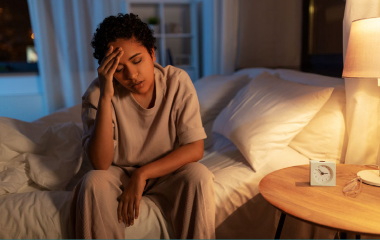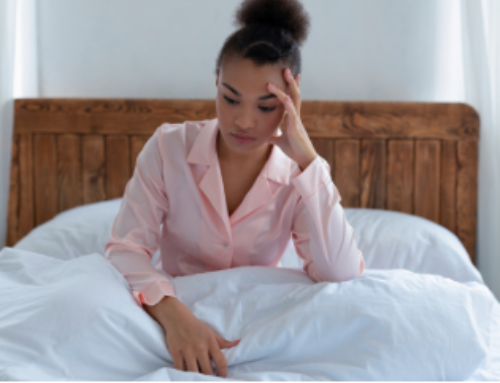A new survey has found that more than half of gynecologic cancer survivors may have trouble sleeping.
“Physicians need to address the presence of sleep disturbance among their survivors, and modifiable risk factors, e.g., hot flashes, urinary urgency, and bowel complaints, should be addressed,” Dr. Shannon Westin from the University of Texas MD Anderson Cancer Center in Houston told Reuters Health by email.
Dr. Westin and her team presented their results March 9 at the Society of Gynecologic Oncology‘s annual meeting in Los Angeles.
Sleep disturbance has a huge impact on quality of life, work functioning, economic health, and psychosocial functioning. In addition, it can negatively impact a patient’s health and immune system, the researchers said.
Their survey of 1,018 patients found that 557, or 55%, had trouble sleeping – and 64% of those said sleep loss began during or after cancer treatment.
A few factors may coincide with the risk of sleep loss, the study found. Younger patients and patients with ovarian and cervical cancers were more likely to sleep poorly.
When the researchers analyzed data from more than one variable, they found other factors linked to sleep problems, including hot flashes, bowel and bladder issues and past treatment with chemotherapy, radiation or both.





